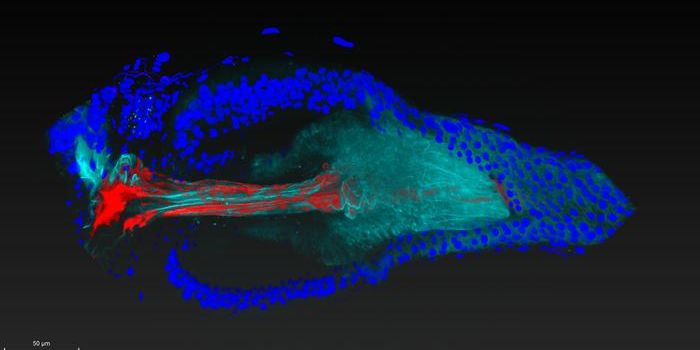Regular Exercise Linked to Huge Reduction in Anxiety Risk
Exercise is commonly touted as a good way to improve symptoms of depression. Researchers wanted to know more about whether exercise could help people reduce their risk of developing anxiety disorders, and while estimates vary widely, anxiety may affect as much as five to ten percent of the world's population at any given time.
Scientists have recently completed a lengthy study conducted from 1989 to 2010 of people who participated in the largest long-distance cross-country ski race in the world, called Vasaloppet. The study, which was based on data from about 400,000 men and women, suggested that the participants had a significantly lower risk of developing an anxiety disorder compared to people that did not ski during that same time period. The research has been reported in Frontiers in Psychiatry.
Incredibly, people who were most active had a far lower risk of anxiety than others, they had about a 60 percent reduction in their risk of getting an anxiety disorder over a period of 21 years, said study authors Martine Svensson, and Tomas Deierborg, of the Department of Experimental Medical Science at Lund University, Sweden.
“This association between a physically active lifestyle and a lower risk of anxiety was seen in both men and women.”
There was a difference between men and women, however. The performance of male skiers did not appear to have a significant influence on anxiety risk. But the risk of anxiety among the best performing women skiers was about double that of physically active women who performed at a lower level. Those top performers still had a far lower risk of anxiety compared to the general population, noted the researchers.
This is a very large study for one that is focused on anxiety and not depression or other mental illness, they added. The findings will also have to be confirmed with additional research. There may be many factors including genetics and personality that can't be investigated in such a huge group.
“Our results suggest that the relation between symptoms of anxiety and exercise behavior may not be linear,” Svensson added. “Studies investigating the driving factors behind these differences between men and women when it comes to extreme exercise behaviors and how it affects the development of anxiety are needed.”
The researchers also noted that nature may also play a role, since cross-country skiers spend more time outdoors in addition to getting more exercise.
“Studies focusing on specific sports may find slightly different results and magnitudes of the associations, but this is most likely due to other important factors that affect mental health and which you cannot easily control in research analysis,” noted the researchers.
Sources: Frontiers, Frontiers in Psychiatry









